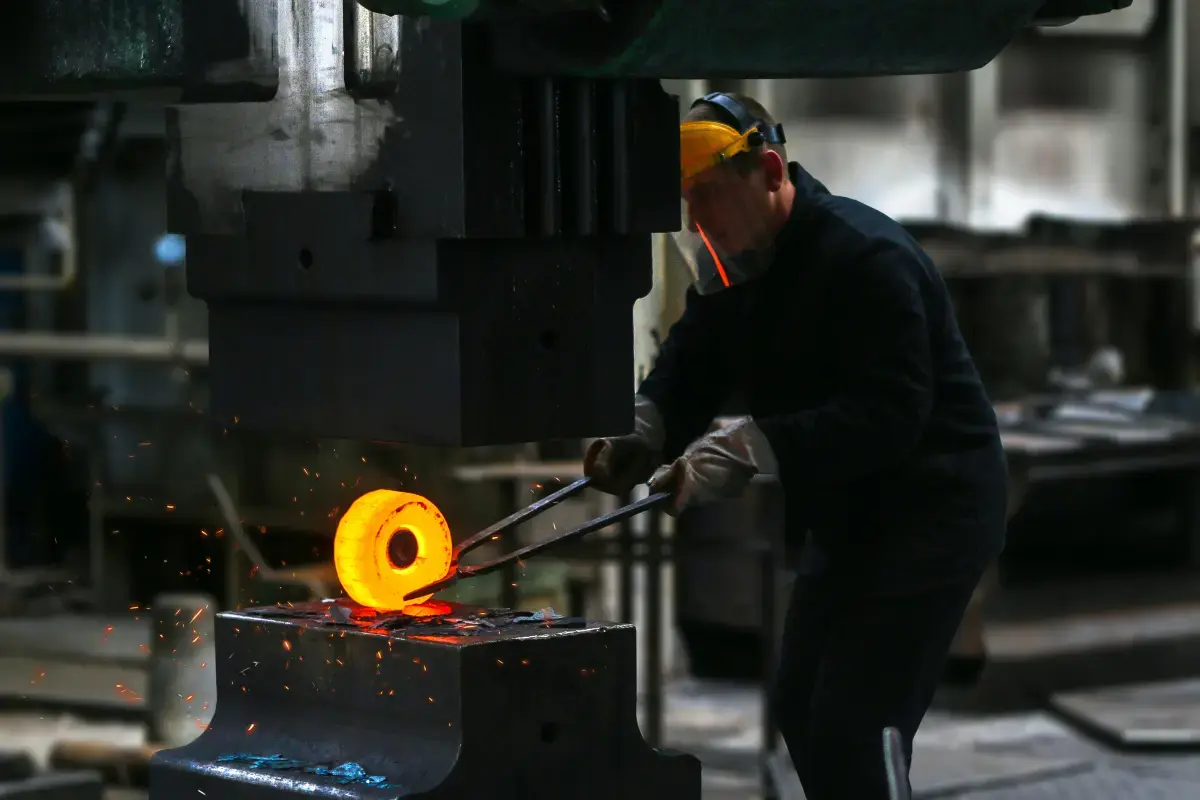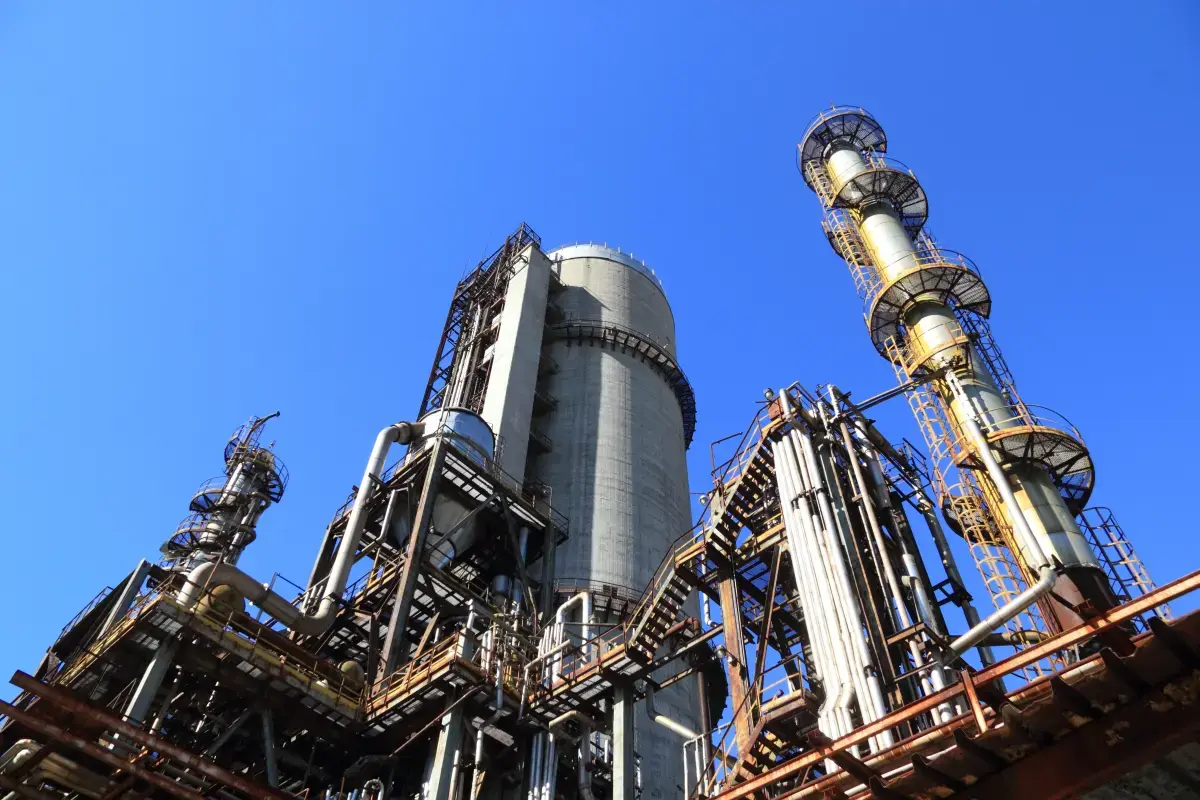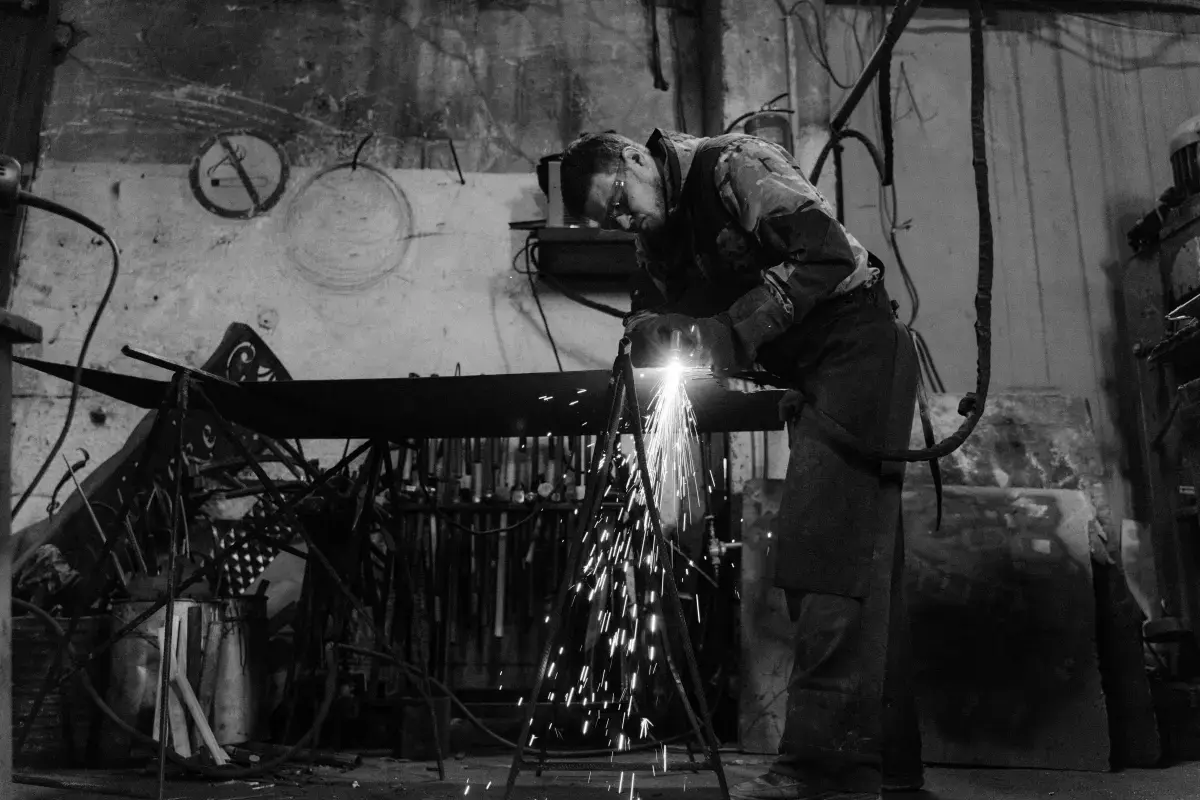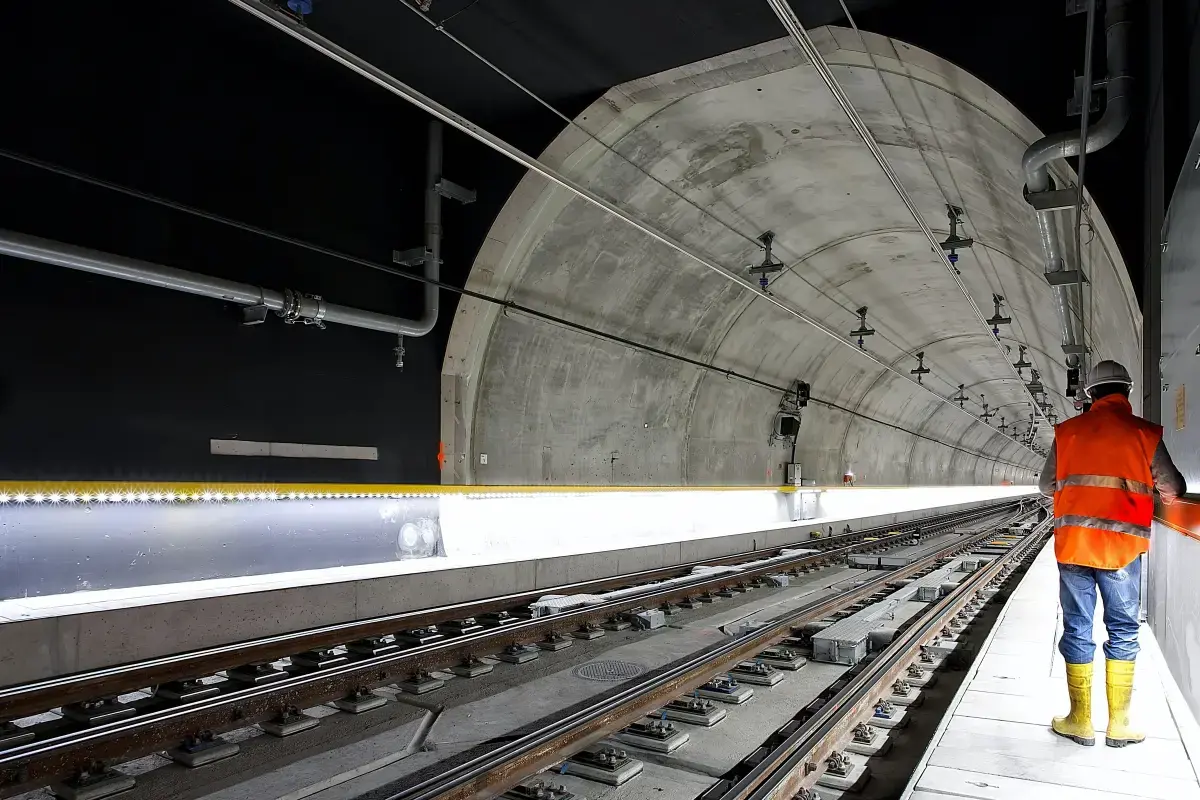
Field Engineer Job Description
What is a Field Engineer Professional?
Field engineering is a term used to describe the work done by engineers who are not office-based. They may work in various settings such as construction sites, factories, or research and development labs. Field engineers apply their technical knowledge to solve problems that occur in these environments. Their job duties can vary depending on the specific industry they work in, but they typically involve inspecting equipment, diagnosing issues, and developing solutions. In many cases, field engineers are responsible for managing teams of technicians who carry out the actual repairs or installations.

What does a Field Engineer Expert do?
This requires strong interpersonal and leadership skills in addition to a thorough understanding of the engineering principles involved. Field engineers must also be able to communicate effectively with non-technical staff and customers, as they are often the only point of contact between the company and its clients. The job market for field engineers is expected to grow slightly in the next decade, as infrastructure projects become increasingly complex and demand for skilled workers increases. Those with experience in renewable energy or smart grid technologies will likely have the best job prospects.

What are the Skills of a Field Engineer?
A field engineer is a highly skilled professional who provides technical support and solutions to customers onsite. They are responsible for diagnosing and resolving complex hardware, software, and networking issues.

What makes an Expert Field Engineer?
A field engineer typically has at least five years of experience working in customer service or technical support. In addition to strong problem-solving skills, a successful field engineer must be able to think on their feet and adapt quickly to changing situations. They must also be excellent communicators, able to clearly explain complex concepts to non-technical users.

What level of Experience & Qualifications are required to be a Field Engineer?
Industry experience: a minimum of 2 years working in the engineering field, preferably with related mechanical or electrical systems. • Training: Must be knowledgeable and up to date on safety protocols, product knowledge, troubleshooting techniques and maintenance procedures for assigned tasks. • Qualifications: Relevant technical qualifications such as an Associate’s degree or higher in Engineering Technology; certifications from relevant professional organizations may also be required. • Education: A bachelors degree in Mechanical/Electrical Engineering is typically preferred but not always necessary depending on industry sector requirements.

What is the Salary of a Field Engineer?
The salary expectations of a field engineer will vary depending upon their experience, skillset and the organization they work for. Generally speaking, junior-level field engineers can expect to earn between $45k-$65k per year. As an individual gains more knowledge and experience within the engineering industry, salaries can increase up to around $90k per year or higher at senior-level positions. However, this amount is subject to change based on many factors such as location of the job (cost of living), size of the company/organization and other market conditions that may impact wages in general. Additionally, employers often offer additional compensation packages such as bonuses or stock options which would also add onto total earnings potentials over time.

What are the Working Conditions for a Field Engineer?
Field engineers typically work in a variety of environments, from office-based roles to on-site assignments. They may be required to travel extensively and can spend long periods away from home if they are working remotely or at customer locations. Field engineers must have excellent problem solving skills as well as strong technical knowledge and expertise in their specific field of engineering. The job usually involves responding quickly to requests for assistance with equipment repair, troubleshooting complex issues, providing training and instruction on the use of technology products, installing software applications or hardware components, performing maintenance tasks such as diagnostics testing and system upgrades/updates etc., setting up networks within new systems or existing ones (including wireless) , configuring routers/switches/firewalls & other network devices; recommending solutions for customers’ IT needs; ensuring data security by enforcing access controls; documenting processes & procedures related to assigned projects; maintaining an inventory log for all parts used during service calls ; assisting customers with product inquiries ; remaining available after hours via phone support . Working conditions vary depending on the type of role that is undertaken but generally include exposure to hazardous materials (such as electrical shocks), extreme temperatures while outdoors or operating machinery in enclosed spaces like server rooms.

What are the roles and responsibilities of a Field Engineer?
Installation and commissioning of new equipment
Diagnosis and repair of faults on existing equipment
Providing engineering support during plant shutdowns
Carrying out preventive maintenance activities
Assist in the design or modification of engineered products or processes
Able to read and interpret technical drawings, manuals and specifications
Good understanding of mechanical, electrical and control systems
Project management experience is desirable
Organised and capable of working independently as well as part of a team
Excellent communication skills both written and verbal
excellent time-management skills
. ability to work under pressure
.Familiar with health & safety regulations
. Comfortable working at heights
. Full clean driving licence
. Physically fit
. Calibration experience
Thermal Imaging experience
Vibration Analysis experience
Balancing experience

Where can I find Field Engineer jobs?
- Create a profile on gigexchange and promote your Field Engineer skills to advertise you are Open to New Work Opportunities
- Ensure your Resume (or CV), or online work profile is up to date and represents your skills and experience. Ensure your reputation reflects your ability & attitude.
- Apply for Field Engineer Jobs advertised on gigexchange.
- Practise Field Engineer interview techniques to ensure you represent your personality and ability succinctly and confidently.
- Accept the job offer if the salary meets your expectations and the employer mission and purpose reflects your core values.
Jobs
What are the best job boards for Field Technician jobs?

How can I hire Field Engineer staff online for my business?
The best job board for recruiting Field Engineer experts is gigexchange.com. Advertise full-time, part-time or contract jobs to find, hire & recruit trusted, experienced and talented Field Engineer candidates near you.

Are Field Engineer roles in demand in 2026?
Field Engineer experts are still in high demand in 2026. If you are an experienced Field Engineer or looking to train and become one. The job market is looking strong for Field Engineer jobs near me.